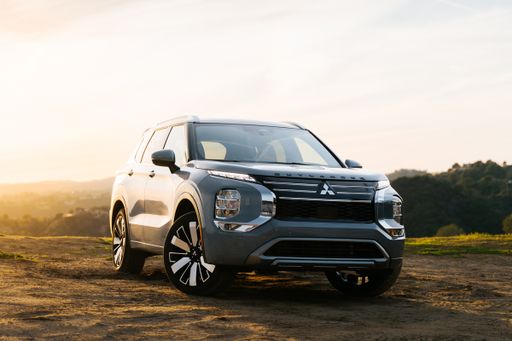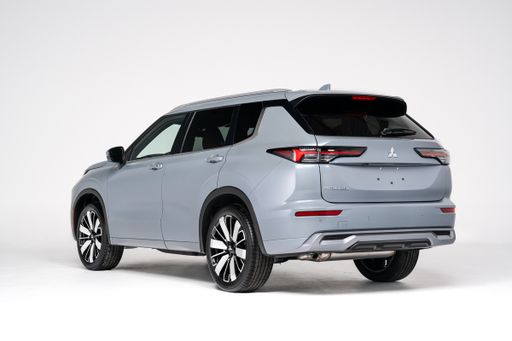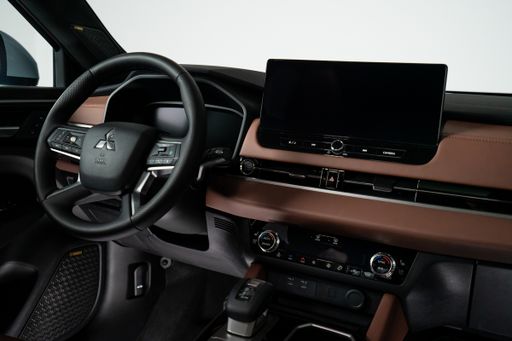The Battle of Versatility: Hyundai Tucson VS Mitsubishi Outlander
In the rapidly evolving world of SUVs, two models are making quite the commotion: the 2024 Hyundai Tucson and the 2024 Mitsubishi Outlander. Both contenders bring a range of features and innovations, suitable for a wide array of drivers. While they both present the rugged appeal and spaciousness characteristic of their class, they have distinct personalities and offer different experiences on the road. Let's delve into their technical details and innovative features to see which one ticks more boxes for your motoring needs.








